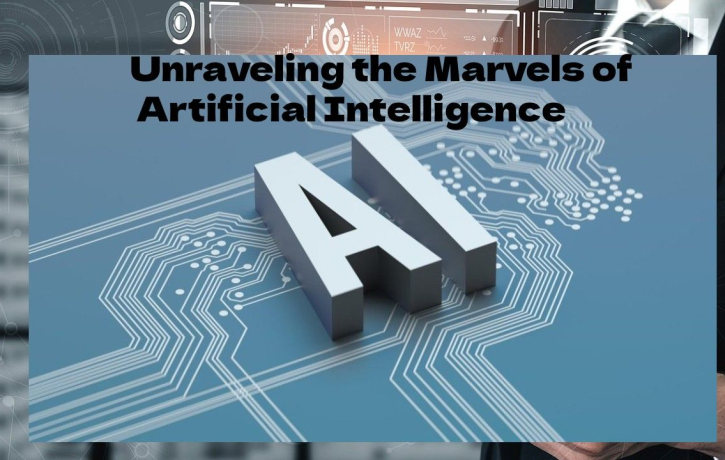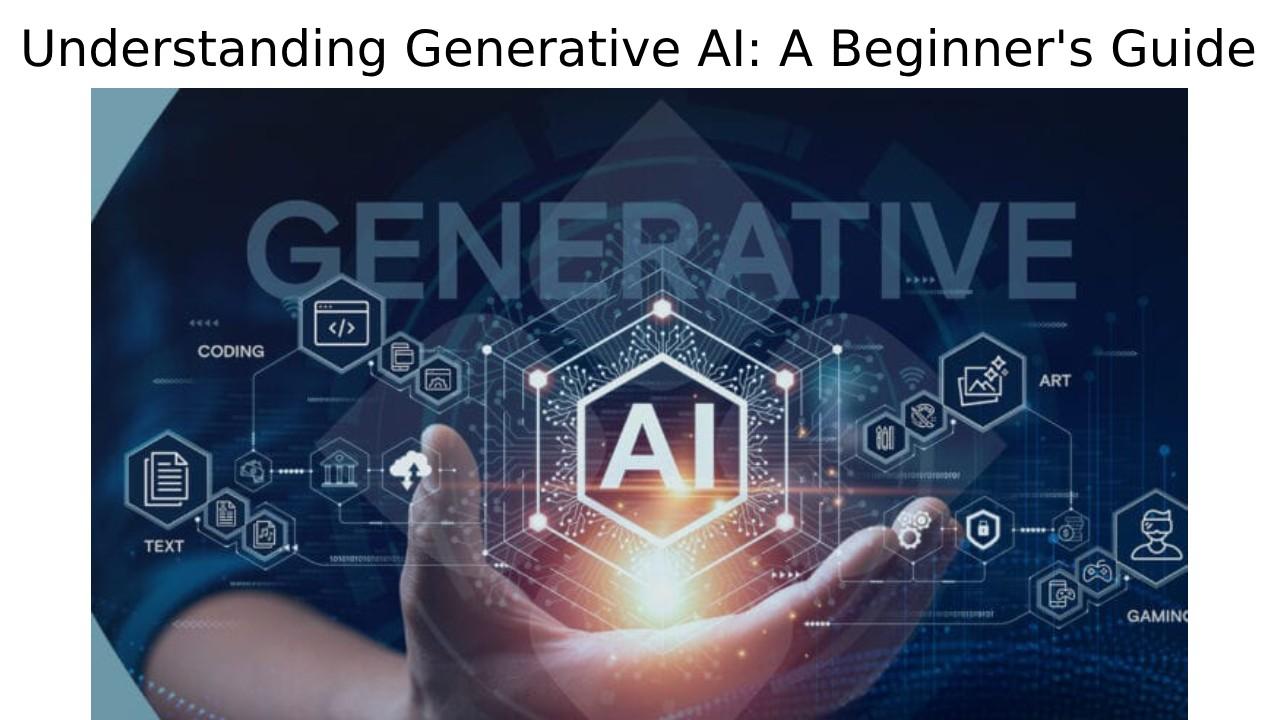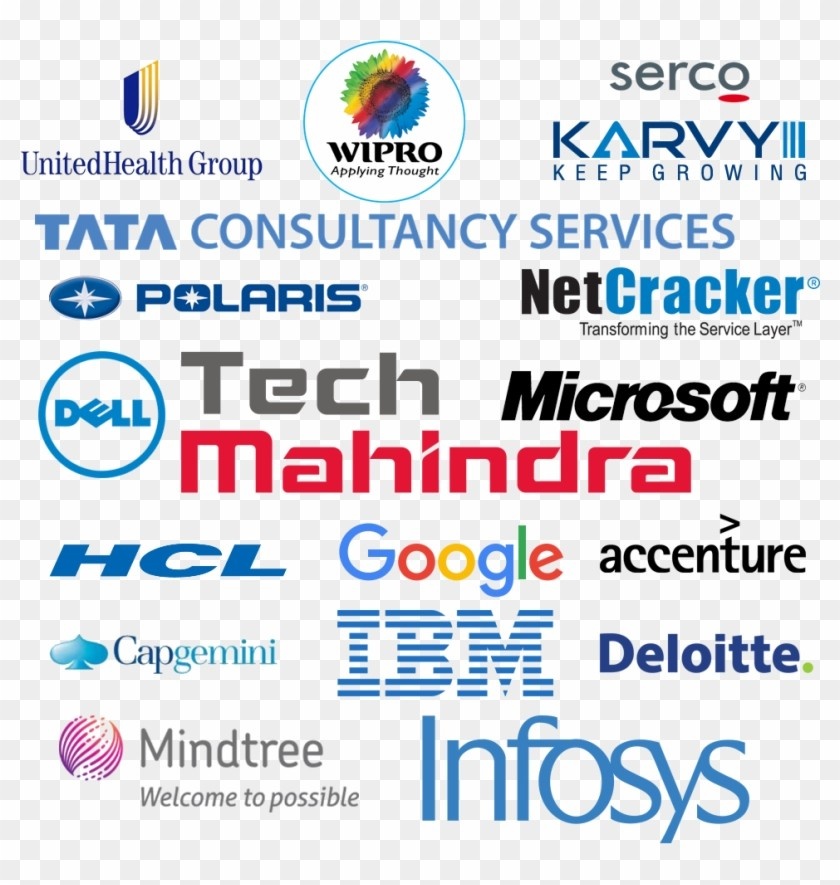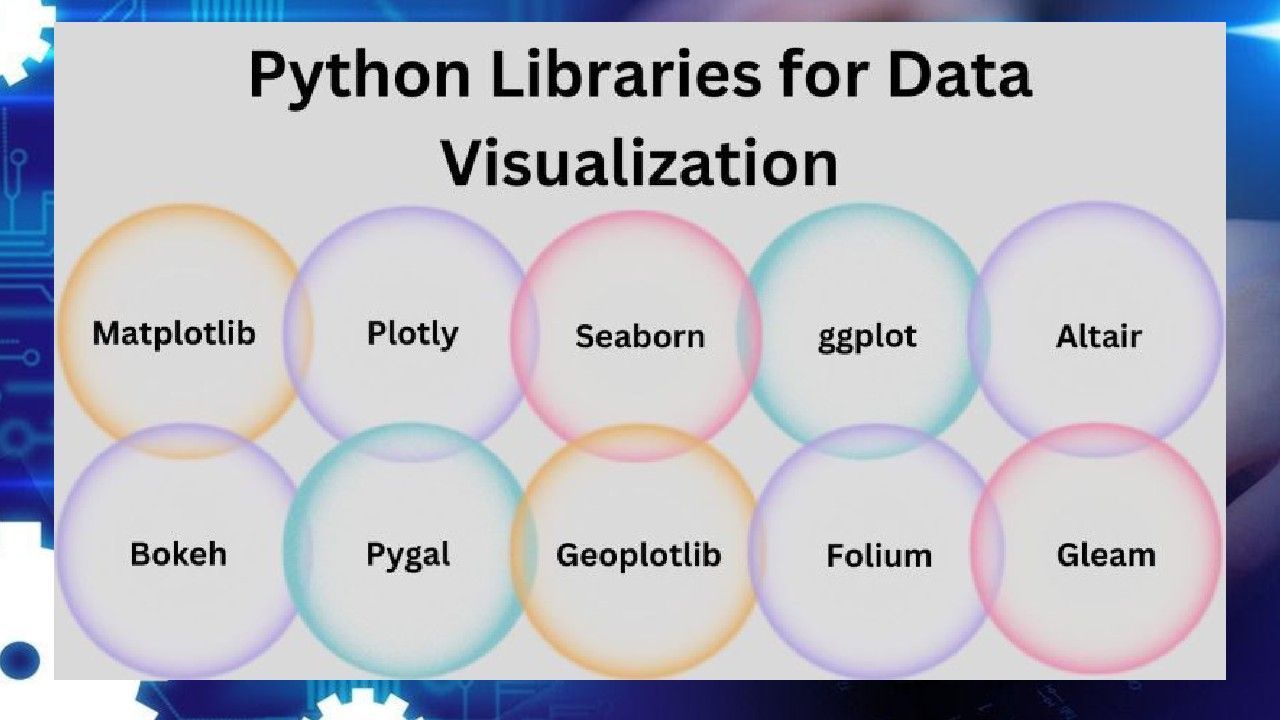- 1 1. Machine Learning: Teaching Computers to Learn
- 2 2. Deep Learning: Unearthing Complex Patterns
- 3 3. Natural Language Processing (NLP): Conversing with Machines
- 4 4. Computer Vision: Machines with Visual Perception
- 5 5. Healthcare: Revolutionizing Diagnosis and Treatment
- 6 6. Finance: Enhancing Efficiency and Security
- 7 7. Personalization: Tailoring Experiences
- 8 8. Ethics: Navigating the Moral Landscape
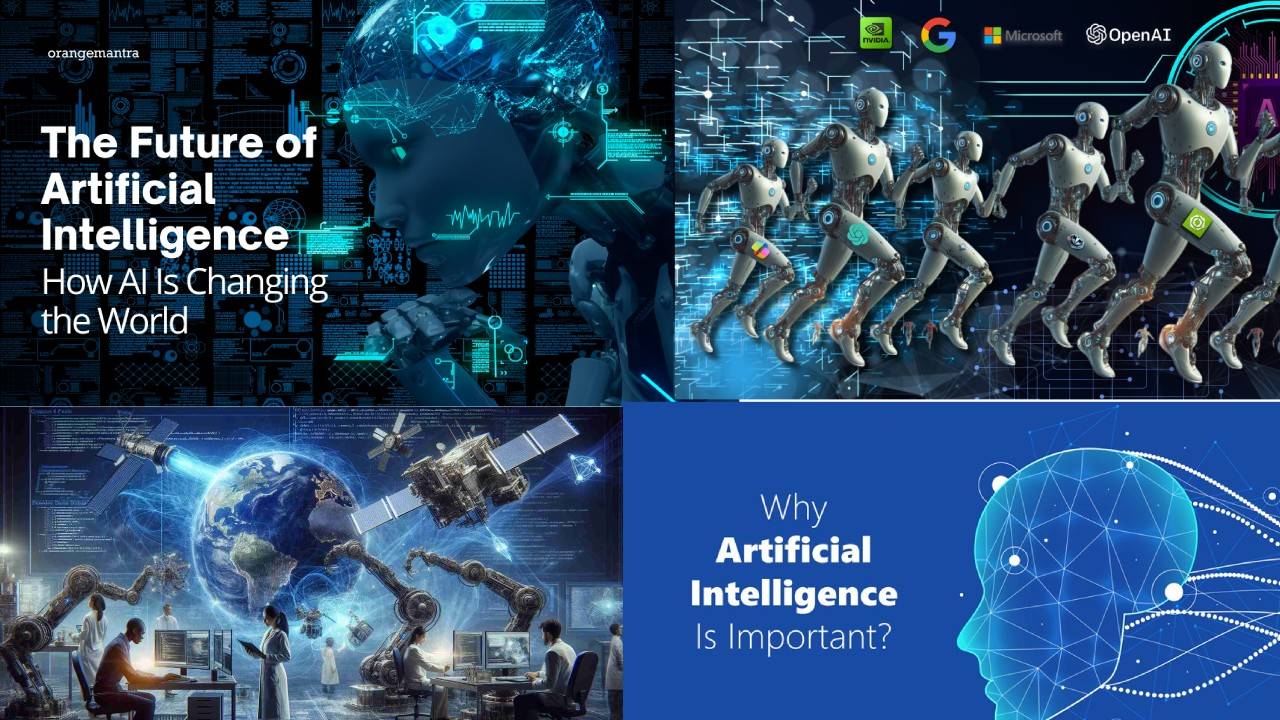
Artificial Intelligence (AI) stands as the beacon of innovation in our rapidly evolving technological landscape. This cutting-edge field encompasses a wide array of technologies that empower machines to mimic human cognitive functions. Let’s embark on a journey through the realm of AI, exploring its remarkable applications and their profound impact on various industries.
1. Machine Learning: Teaching Computers to Learn
At the heart of AI lies Machine Learning, a subset that enables systems to learn and improve from experience without being explicitly programmed. For instance, recommendation algorithms on platforms like Netflix and Amazon utilize machine learning to understand user preferences and provide personalized content suggestions.
2. Deep Learning: Unearthing Complex Patterns
Deep Learning is a specialized form of machine learning that employs neural networks with multiple layers to process complex data. One prominent example is Google’s AlphaGo, which employed deep learning to beat world champion Go players, showcasing the potential for AI in mastering intricate tasks.
3. Natural Language Processing (NLP): Conversing with Machines
NLP equips machines with the ability to comprehend, interpret, and generate human language. Chatbots like Siri and Google Assistant exemplify NLP’s prowess by understanding and responding to user queries, transforming human-machine interaction.
4. Computer Vision: Machines with Visual Perception
Computer Vision empowers machines to interpret and understand visual information from the world. Tesla’s autonomous vehicles, equipped with computer vision systems, exemplify the capability of AI in enabling vehicles to navigate complex environments without human intervention.
5. Healthcare: Revolutionizing Diagnosis and Treatment
AI’s foray into healthcare is nothing short of revolutionary. IBM’s Watson for Oncology, for instance, analyzes vast amounts of medical literature to assist oncologists in tailoring treatment plans for cancer patients, showcasing how AI is augmenting medical decision-making.
6. Finance: Enhancing Efficiency and Security
In the financial sector, AI plays a crucial role in tasks like fraud detection and algorithmic trading. Machine learning algorithms can swiftly analyze massive datasets to identify fraudulent activities, fortifying financial security.
7. Personalization: Tailoring Experiences
From Netflix’s content recommendations to Spotify’s curated playlists, AI personalization algorithms enhance user experience by understanding individual preferences and providing tailored content or products.
As AI continues to advance, ethical considerations become paramount. Ensuring transparency, fairness, and accountability in AI systems is essential to mitigate potential biases and promote responsible AI development.
Conclusion: The Future, Empowered by AI
Artificial Intelligence is poised to redefine the way we interact with technology, making strides in healthcare, finance, autonomous vehicles, and more. As we embrace this transformative force, it’s crucial to do so with a conscientious eye towards ethical development and deployment. The future, with AI at its core, holds boundless potential for innovation and progress. Embracing it with wisdom and foresight, we stand poised to unlock new dimensions of human achievement.

